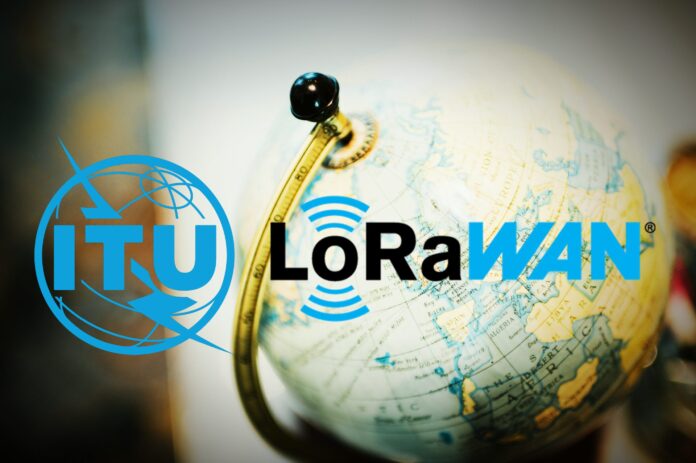LoRaWAN has been approved as a standard by the International Telecommunication Union (ITU), the United Nations specialized agency for information and communication technologies. The standard has been given the title Recommendation ITU-T Y.4480, as a “low power protocol for wide area wireless networks”.
It was recommended, effectively, for applications in the “IoT and smart cities and communities” markets by an expert group going with the same remit within ITU’s ‘study group 20’, part of its telecoms standardization division (ITU-T). The LoRa Alliance, representing the LoRaWAN community, has worked with the ITU through “much of 2021”, it said.
Donna Moore, chief executive and chairwoman of the LoRa Alliance, said the work was to “formally document” LoRaWAN as a standard to make clear its commitment to “openness and standardization”. She said these principles are “critical to achieving the interoperability needed for massive scaling” of the IoT market.
“LoRaWAN was developed as an open standard from the very beginning, which was recognized by the LPWAN community and demonstrated by its rapid global adoption as the LPWAN for IoT… The transposition as an ITU-T Recommendation validates the market’s decision to adopt LoRaWAN as an internationally recognized standard and sets the stage for even more growth.”
Bilel Jamoussi, chief of study groups for the ITU’s telecoms standardization bureau, said: “I would like to applaud ITU members and the LoRa Alliance for their work together in paving the way for this significant agreement. Collaboration among standardization communities continues to grow in importance alongside the accelerating digital transformation underway across our economies.
“We see strong commitment to building synergies among standardization efforts in ITU’s work for the Internet of Things and smart cities and communities, and the approval of this new international standard demonstrates that this is a commitment that ITU shares with the LoRa Alliance.”

